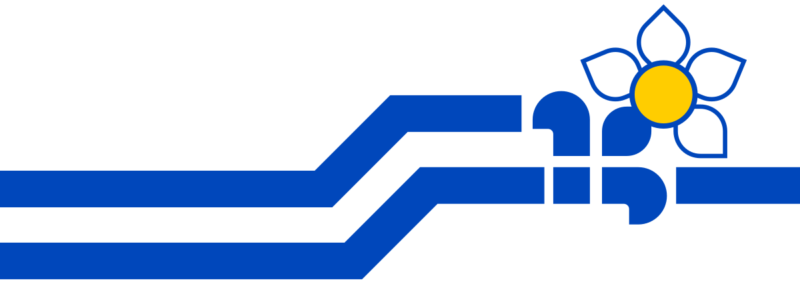The Young Communist League of Canada welcomes the decision of the Supreme Court of Canada, which finally gives reason to the French-language School Board (CSF) and the Francophone Parents’ Federation of British Columbia (FPFCB).
For the past 10 years, these two organizations have engaged in a legal standoff against the province, alleging that French-language schools are underfunded, which contravenes Article 23 of the Canadian Charter of Rights and Freedoms. Under this article, education in one of the two official languages in a minority situation must be guaranteed. However, the province maintains that, within reasonable limits, a province can invoke budgetary reasons to reduce the funding of schools providing instruction in a language other than the language of the majority.
By relying on this line of defense, British Columbia first won its case in the Supreme Court of that province. After appealing, the CSF and the FPFCB obtained a partial victory without, however, reversing the initial decision, which prompted the two organizations to turn to the SCC. In September 2019, the SCC held hearings in Winnipeg (this is the first time that its judges have sat outside of Ottawa), taking testimonies from witnesses from French, English and Indigenous groups from 5 provinces and one Territory. After deliberation, it acceded to the request of the CSF and the FPFCB, forcing the province to invest in French-language schools.
The primary issue is to ensure that the Francophone education system in British Columbia offers services equivalent to the Anglophone system. More fundamentally, it is both the survival of the Franco-Columbian national minority, several representatives of whom affirm that this decision will have a positive and considerable impact in the long term. However, it is also a historic decision for the various Francophone minorities outside Quebec who are also fighting for their survival and for access to education in French of equivalent quality to that provided in English.
Young Communists, we condemn the words of British Columbia lawyer Karrie A. Wolfe for whom it is only an accounting issue. Indeed, she cries out for injustice by stressing that “1% of the population would receive everything, while 99% would receive nothing.” It is no secret that the education system in British Columbia is severely under-funded – it is the second least funded in all of Canada. However, the solution proposed, that of saving money at the end of the candle to prevent Francophones from studying in their language and under conditions similar to those of their English-speaking colleagues and sisters, is not only undemocratic, but also a matter of pure Anglo-Canadian chauvinism. There is no doubt that if the situation were reversed – namely that English-speaking schools in Quebec were underfunded, the outcry would be much greater.
This victory in the Supreme Court comes at a time when we are seeing a decline in the language rights of Francophones outside Quebec. These attacks are, moreover, the initiative of right-wing governments which often invoke the economic argument to hide their hidden chauvinism. We therefore hope that this judicial victory will constitute a new point of support for the million Francophones who try to perpetuate a language and a culture despite the notable tendency to assimilation.

